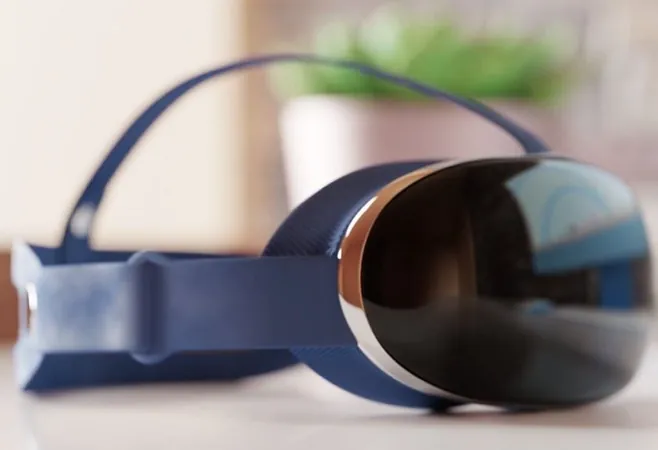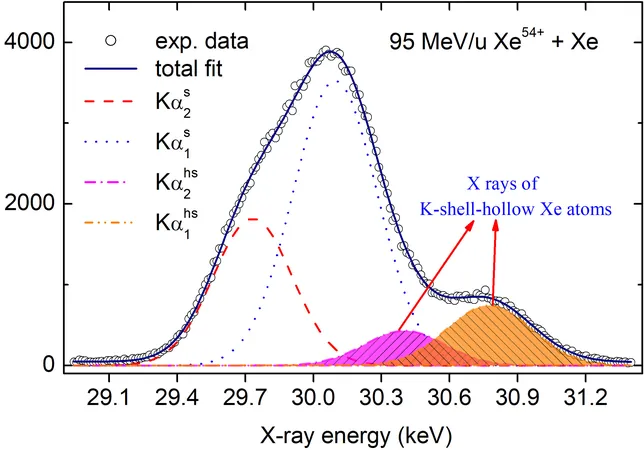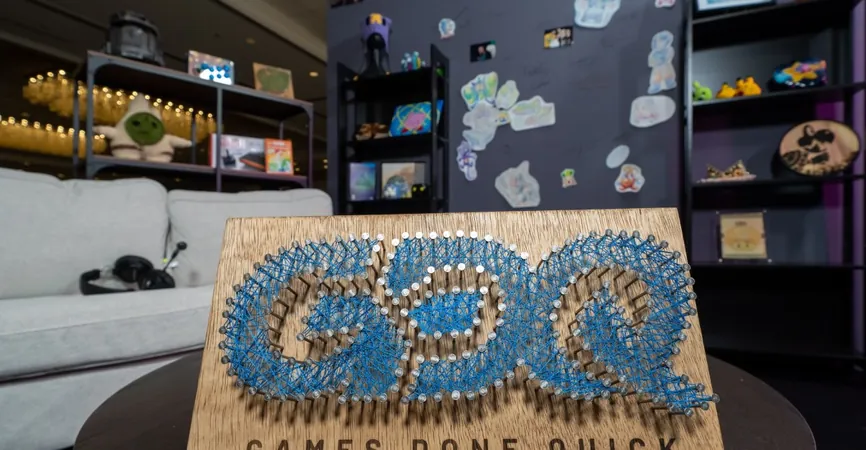
From Rejection to Revolution: The Game-Changing Evolution of mRNA Vaccines
2025-06-09
Author: Mei
Katalin Karikó: The Pioneer of mRNA Technology
Dr. Katalin Karikó's journey began with a single vision: to harness the power of messenger RNA (mRNA) for therapeutic purposes. Initially, her focus was far from the world of vaccines; it revolved around generating proteins within cells. "I never imagined it would become an immunogenic platform," she told Inside Precision Medicine. However, a pivotal moment came when she uncovered why her mRNA therapeutics were failing; the body was mounting an inflammatory attack against them.
A Historic Collaboration
In the early 2000s, Karikó teamed up with immunology expert Dr. Drew Weissman. Their groundbreaking discovery involved chemically modifying synthetic mRNA to dodge inflammatory responses while enhancing protein production. This breakthrough revolutionized the field, leading to cost-effective mRNA vaccines, including those for COVID-19, earning them the 2023 Nobel Prize in Physiology or Medicine.
A New Frontier: mRNA Vaccines Beyond Infections
Intriguingly, the utility of mRNA vaccines is expanding beyond infectious diseases. Researchers are exploring their potential in addressing non-communicable ailments, like cancer and neurodegenerative conditions—a concept that had seen limited success with traditional vaccines. Experts are optimistic that mRNA vaccines could play a transformative role in combating devastating brain diseases.
Facing the Challenge of Brain Cancer
Dr. Elias Sayour, a neurosurgery and pediatrics associate professor at the University of Florida, is pioneering the use of mRNA vaccines in treating glioblastoma, a notoriously aggressive brain tumor. He vividly illustrates the difficulties faced by T cells in fighting such cancers, using an analogy of a civilian lost in the Everglades, underscoring how hostile tumor environments can render T cells ineffective.
mRNA: A Precision Weapon against Cancer
Unlike traditional cancer treatments that rely on harsh chemotherapies, mRNA vaccines empower the immune system to identify and destroy cancer cells precisely. Sayour believes that if glioblastoma can be cured using mRNA vaccines, it would pave the way to conquering all cancer types.
CureVac's AI Revolution
CureVac, a leader in mRNA technology, faced setbacks during the pandemic but has refined its approach. Dr. Myriam Mendila reveals how the company now utilizes sophisticated artificial intelligence to enhance mRNA vaccine design, ensuring optimal immune responses. Their new mRNA vaccines, tailored for glioblastoma, have shown promising initial results in clinical trials, inspiring hope for rapid, personalized cancer treatments.
Turning to Alzheimer’s: A Challenge and Opportunity
Dr. Rebecca Nisbet, focusing on Alzheimer’s disease, is leveraging mRNA technology to develop vaccines that stimulate the immune response against amyloid beta, a key protein involved in the disease. Her goal is to create accessible, preventive therapies, with a vision of transforming Alzheimer’s treatment into something as routine as flu shots.
A Shift Towards Prevention
The research community largely targets late-stage Alzheimer's, but Nisbet argues for a shift towards prevention. By addressing amyloid beta early, mRNA vaccines could halt disease progression before symptoms manifest. This strategy could extend to other neurodegenerative conditions, marking a potential paradigm shift in treatment approaches.
The Future of mRNA Vaccines
As the field of mRNA technology expands into areas like heart disease and more, it's clear that the foundational work of pioneers like Karikó has set the stage for a revolution in medicine. Her groundbreaking insights serve as a powerful reminder of how basic science can manifest as transformative healthcare solutions. The potential to harness mRNA in fighting major health challenges may only just be beginning.




 Brasil (PT)
Brasil (PT)
 Canada (EN)
Canada (EN)
 Chile (ES)
Chile (ES)
 Česko (CS)
Česko (CS)
 대한민국 (KO)
대한민국 (KO)
 España (ES)
España (ES)
 France (FR)
France (FR)
 Hong Kong (EN)
Hong Kong (EN)
 Italia (IT)
Italia (IT)
 日本 (JA)
日本 (JA)
 Magyarország (HU)
Magyarország (HU)
 Norge (NO)
Norge (NO)
 Polska (PL)
Polska (PL)
 Schweiz (DE)
Schweiz (DE)
 Singapore (EN)
Singapore (EN)
 Sverige (SV)
Sverige (SV)
 Suomi (FI)
Suomi (FI)
 Türkiye (TR)
Türkiye (TR)
 الإمارات العربية المتحدة (AR)
الإمارات العربية المتحدة (AR)